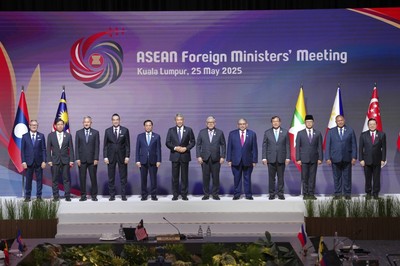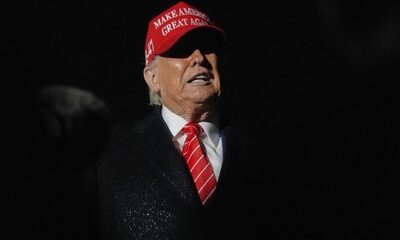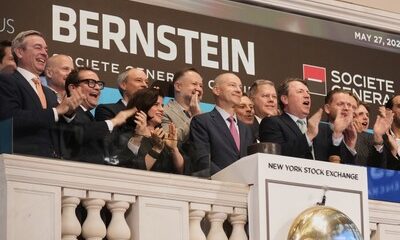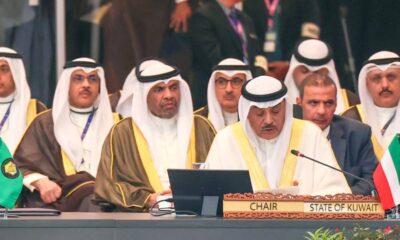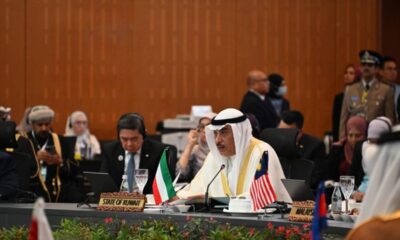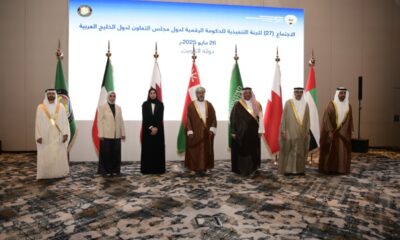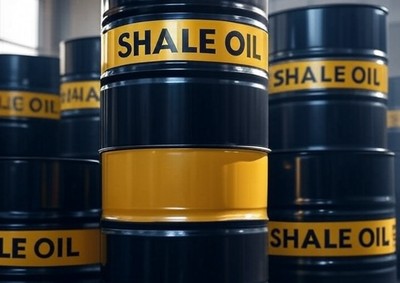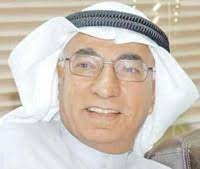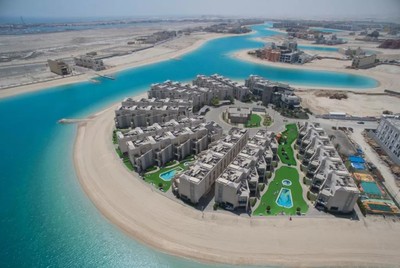KUWAIT CITY, June 14: A general policy titled, “Building a Special International Economic Zone”, is listed on the official website ‘New Kuwait’ – specifically under the section for public policies and supporting projects, and directly beneath it is a single associated project – “Developing the Northern Economic Zone.” According to the website, the project is scheduled for completion in 2026, yet the reported implementation rate remains at zero percent. The website defines the project as “the establishment of a zone governed by special laws and regulations designed to attract investment, supported by an independent institutional framework that ensures the attraction of high value-added global investments, fosters innovation, and guarantees transparency in the management of financial resources.”
Progress to date has been limited to activating the agreement between the responsible agency and the People’s Republic of China to prepare the master plan for the Silk Road Project, and proposing legislation and procedures aimed at creating a business-friendly economic zone. No substantial advancement has been recorded since then, until the Cabinet meeting held recently, in which the implementation of the project was reportedly tackled. The newspaper interviewed economists to assess the importance of the Northern Economic Zone and the feasibility of completing it by 2026 — particularly given the recent momentum of reform in Kuwait. Experts emphasized that the launching of the project will be beneficial for the national economy in multiple dimensions, including job creation for newly graduated Kuwaiti youths. Its strategic location near Mubarak Port and the Iraqi-Iranian border was also highlighted as a factor that could significantly boost the long-term success of the zone, likening it to a modern economic free zone. Economists indicated that the government, under its current reform-focused approach, has demonstrated a genuine commitment to diversifying national income sources and addressing future budget deficits by pursuing ambitious development initiatives such as this one. Analyst and economic expert Sultan Al-Jazzaf believes that the Northern Economic Zone will serve the economy in several areas; specifically in terms of giving a significant role to the local private sector, as well as attracting foreign capital, reducing unemployment rates, and helping the State diversify sources of income, especially with expectations of a large deficit in the general budget of the country this year due to the price of a barrel of oil falling below the $68 projected in the budget.
Al-Jazzaf pointed out that this is especially true given that the government estimated the price of a barrel of oil in the current budget at around $68, and considering that its price recently reached $64; this matter highlights the need to rely on sources of support for the economy and the budget other than oil. He praised all the efforts currently being exerted by the government to diversify sources of income, including the Northern Economic Zone project. He stated that the advantages of the zone include its proximity to Mubarak Port, as well as its proximity to the Iraqi and Iranian markets. He said this location will stimulate economic and trade activity with neighboring countries. He is hoping that this project will be implemented as soon as possible, especially since the government has proven, through its proposal, that it is thinking from an economic perspective. “Economic zones, in general, create competitive clusters with the potential to achieve sustainable growth; as they offer many diverse options for good investment opportunities, in addition to their role in trade exchange through the presence of constant activity,” he added.
Economic and real estate expert Qais Al-Ghanim confirmed that the idea of establishing the zone, recently announced by the government, has been delayed significantly. “It should have been implemented in 2003, given its extreme importance to Mubarak Port; taking into consideration it will be a free zone, serving both Kuwait and Iraq, allowing Iraqis to enter the region without a visa — similar to the region located between Syria and Jordan,” he elaborated. He pointed out that the zone will serve the Kuwaiti private sector; thereby, increasing sales for factories and commercial companies, indicating the zone will generate many jobs for young Kuwaiti graduates. Economic expert and former head of Kuwait Contracting Companies Union Dr. Salah Bouresli said the economic zone is a 100 percent sound idea, as it will enhance private sector activity by attracting a wide variety of investments, which will add new value to the State budget through fees.
“Furthermore, it is a major infrastructure project. Its role will not be limited to the economic aspect alone, as it will also create other social benefits, including employing young Kuwaitis and strengthening economic relations between Kuwait and its neighboring countries.” At the same time, he expressed hope that the government will expand green spaces in the zone to include entertainment and service cities, which will stimulate the contracting market, the engineering sector, and many other private sector projects. He believes this zone will lead to a tremendous boom for the Kuwaiti banking sector, which will finance small and large projects established in the zone. “This is in addition to its importance for logistics and warehousing services, especially since this economic zone will enjoy attractive investment laws, considering it will attract more global investments, not just local ones. This is especially true given that global economic cities offer a variety of investments; provide integrated service, logistics and residential facilities; create a competitive business environment; increase government-private partnership projects; and offer major facilities that the government will provide to investors.
By Najeh Bilal
Al-Seyassah/Arab Times Staff

 Politics17 hours ago
Politics17 hours ago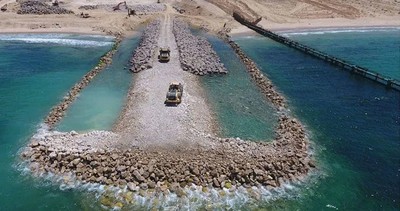
 Business7 hours ago
Business7 hours ago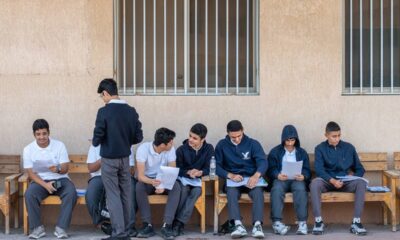
 Latest News8 hours ago
Latest News8 hours ago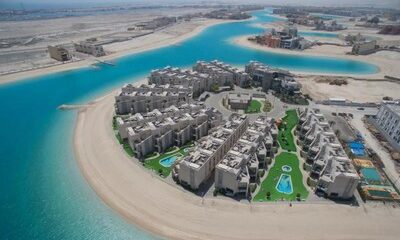
 Business9 hours ago
Business9 hours ago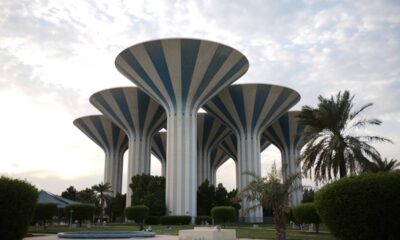
 Latest News9 hours ago
Latest News9 hours ago
 Business8 hours ago
Business8 hours ago
 Latest News7 hours ago
Latest News7 hours ago
 Politics6 hours ago
Politics6 hours ago
